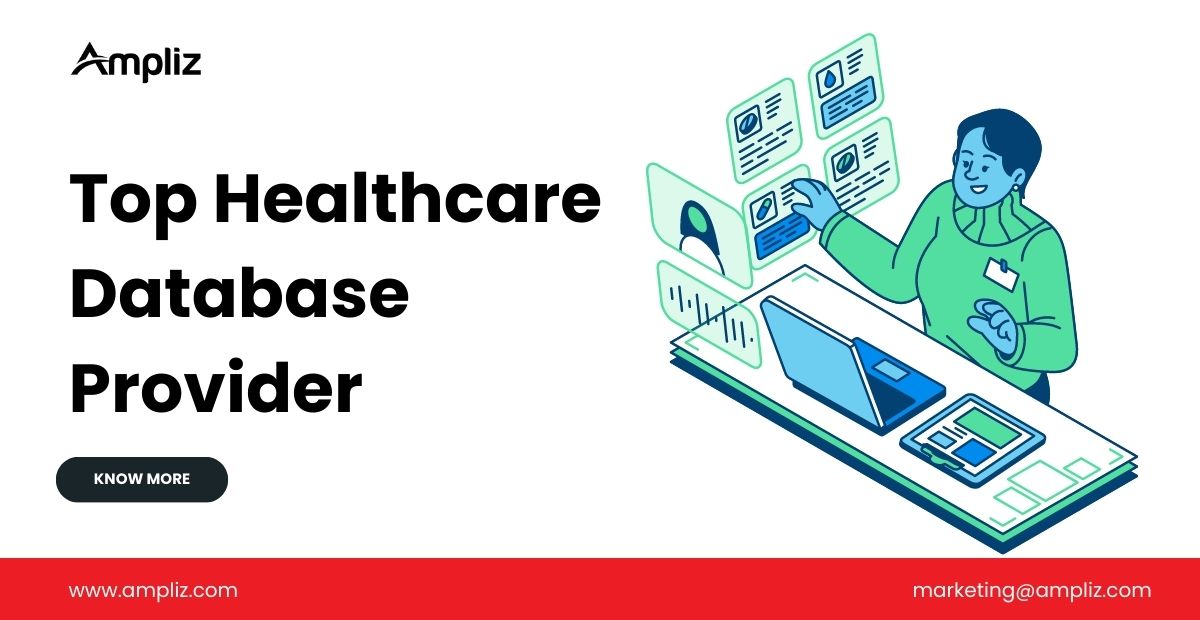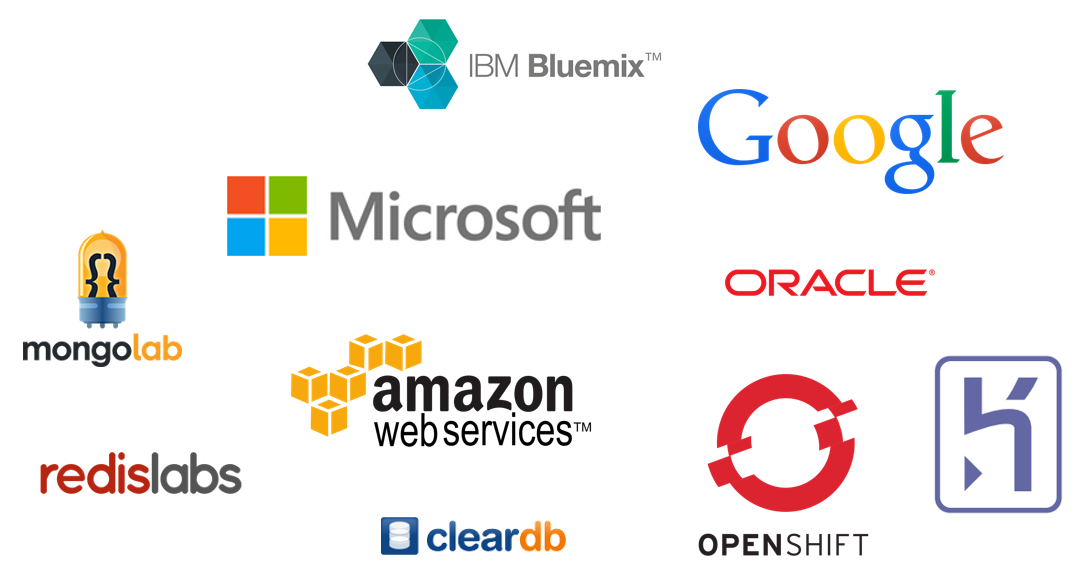Comparing Popular Database Providers: Features and Pricing
Wiki Article
Trick Features to Seek When Choosing a Data Source Supplier
Selecting a database service provider is an important choice that can dramatically influence your company's procedures and information monitoring approach. Amongst the essential features to consider are scalability options, which ensure that your system can adapt to expanding needs.Scalability Options
When picking a data source carrier, recognizing scalability alternatives is vital to making certain that the picked option can fit future growth. Scalability refers to the capacity of a data source system to broaden its capability and performance in response to increased need. There are 2 main types of scalability: horizontal and vertical.Upright scalability, or "scaling up," entails improving a single web server's sources, such as CPU, RAM, or storage. This approach can be economical and simple for smaller applications yet may get to a restriction where even more upgrades are too pricey or unwise.
Horizontal scalability, or "scaling out," entails adding more web servers to distribute the lots. This method enables higher flexibility and can suit significant rises in data quantity and individual traffic (database provider). It is especially advantageous for cloud-based data source solutions that can dynamically allot resources based on need

Safety And Security Measures

When evaluating security measures, take into consideration the execution of security procedures (database provider). Data-at-rest and data-in-transit file encryption are important to guarantee that sensitive details continues to be secured, even in the event of a security violation. Furthermore, search for service providers that offer solid authentication mechanisms, such as multi-factor verification (MFA), to additionally enhance accessibility control
Normal safety and security audits and compliance with sector standards, such as GDPR or HIPAA, are a measure of a carrier's commitment to information security. Additionally, make inquiries regarding their incident feedback plan; a durable plan can decrease the effect of any prospective security case.
Performance Metrics
Reviewing performance metrics is crucial for organizations to make certain that their selected data source company fulfills operational demands. Key efficiency metrics consist of reaction throughput, time, and scalability, which jointly determine the effectiveness of data source operations under varying lots.Response time is important, as it reflects how swiftly the data source can process inquiries and return outcomes. Organizations needs to search for metrics that suggest ordinary response times during height and off-peak hours. Throughput, usually measured in deals per 2nd (TPS), gives understanding into the database's basics capability to manage high quantities of demands without efficiency degradation.
Scalability evaluates the database's capability to expand with the company's needs. A robust database supplier need to show upright and straight scaling capabilities, enabling seamless adjustments as demands fluctuate. Additionally, understanding latency, particularly in distributed systems, can help organizations evaluate the responsiveness of the database throughout various geographical areas.
Consumer Support
Reputable customer assistance is a foundation of efficient database management, giving companies with the help needed to deal with issues and maximize efficiency. When choosing a database carrier, examining the level of customer assistance they provide is essential. A durable support group should consist of multiple networks of communication, such as phone, e-mail, and live conversation, ensuring that customers can access assistance whenever they require it.Furthermore, responsive assistance teams that are offered 24/7 greatly boost the reliability of the data source service. Motivate reaction times and reliable resolution of issues can dramatically decrease downtime and increase overall performance. It is also helpful to consider the accessibility of dedicated assistance employees, who can use tailored help based upon an organization's certain needs.

Prices Framework
When thinking about a data source company, the rates structure is a crucial element that can dramatically affect a company's budget and general strategy. A flexible and clear rates model is necessary for aligning the database sets you back with business requirements - database provider. Organizations needs to evaluate whether the prices is based upon consumption, per user, or a level price, as each model can yield various economic implications in timeIt is crucial to analyze any extra prices connected with the service provider's services, such as information storage space costs, transaction costs, and support fees. Some suppliers might offer tiered pricing, allowing scalability as the organization grows, while others may enforce rigorous restrictions that can become costly as data requirements enhance.
Furthermore, organizations must think about the long-lasting worth of the data source option. While reduced preliminary costs can be attractive, they may not represent future upgrades, maintenance charges, official website or integration costs. Conducting an extensive cost-benefit analysis will help recognize one of the most ideal rates framework that balances scalability, support, and performance, ultimately making sure that the selected database supplier lines up with the organization's monetary and operational purposes.
Verdict
In final thought, picking a database supplier necessitates cautious factor to consider of various important features. Assessing efficiency metrics enables the identification of reliable data sources, and available client assistance enhances the general individual experience.Picking a database pop over to this web-site company is an essential decision that can substantially influence your company's data and procedures monitoring approach.When selecting a database company, recognizing scalability alternatives is crucial to guaranteeing that the selected option can suit future development. When picking a database provider, assessing the level of client support they provide is necessary.When taking into consideration a data source carrier, the rates framework is a crucial variable that can significantly impact a company's spending plan and total approach. Performing a detailed cost-benefit evaluation will certainly assist determine the most suitable pricing structure that stabilizes scalability, efficiency, and assistance, ultimately making certain that the picked database service provider aligns with the company's operational and economic goals.
Report this wiki page